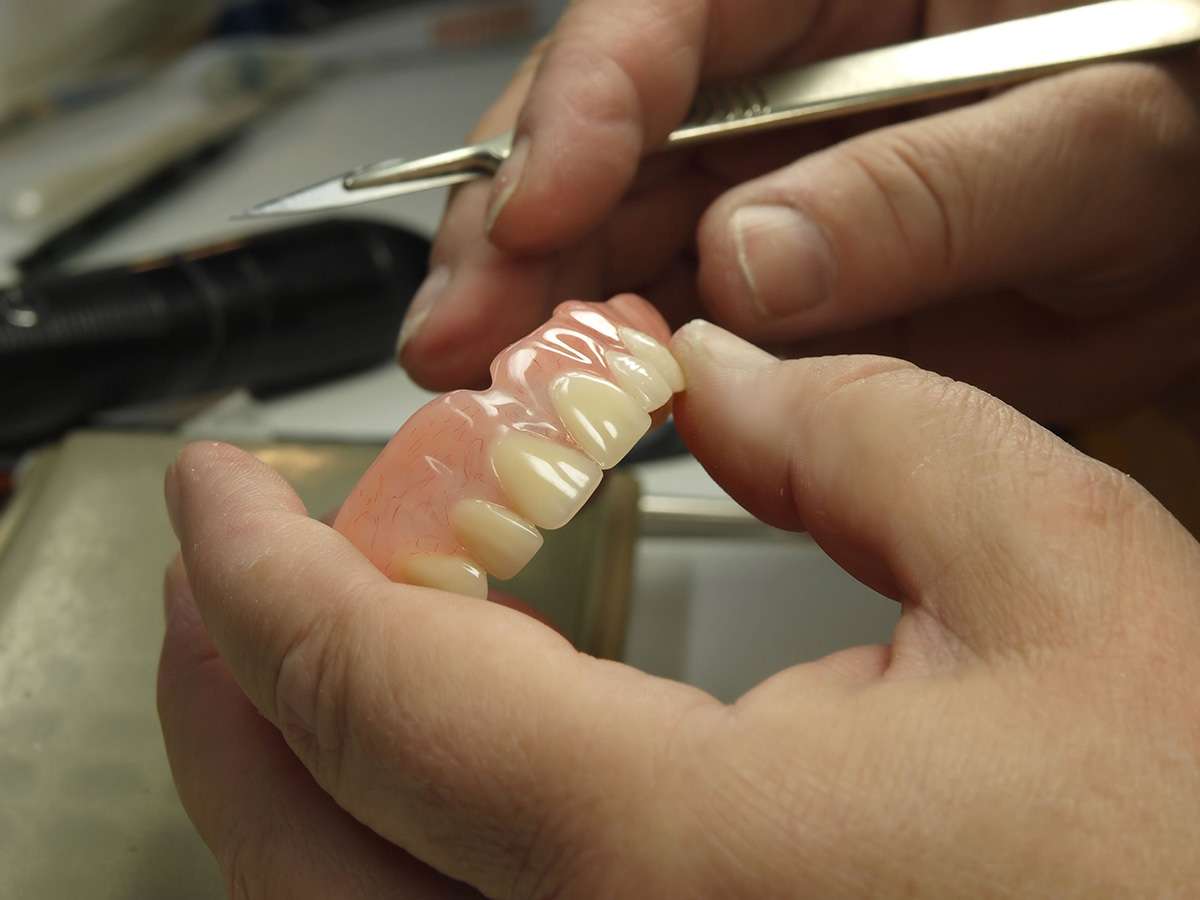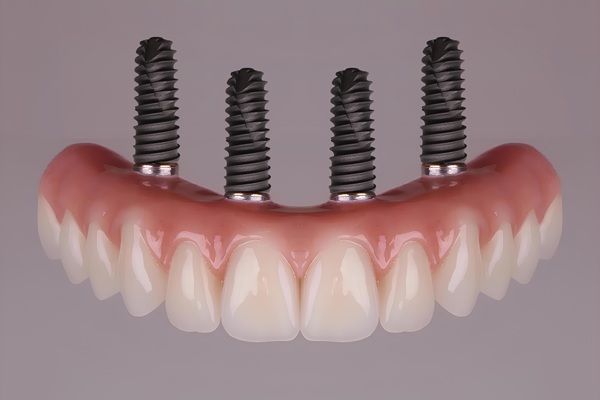Determining the Best Way to Replace Missing Teeth

When you are looking to replace missing teeth, there are three main prosthetics that are often recommended by dentists: dentures, bridges and implants. These are tested-and-proven dental devices that can be used to restore a patient's smile and restore the lost function of missing teeth.
Tired of living with missing teeth? Let us take a look at the benefits and disadvantages of these teeth replacement options. Knowing the differences between these prosthetics makes it easier for patients to decide which works best for them.
Popular ways to replace missing teeth
1. Traditional dentures
These are arguably the most common dental prosthetic when it comes to replacing lost teeth. The low price tags compared to the alternatives are one reason, and some people also opt for dentures because getting them installed does not involve any invasive treatments or surgeries.
When a patient decides on dentures, the dentist takes an impression of the person's mouth. These dimensions are then sent to a lab where customized dentures are made for that particular person. Dentures can be easily inserted and removed.
Pros:
- Help restore the appearance of the patient's smile
- Prevent the remaining teeth from moving toward the gap in the wearer's smile in an attempt to close it
- Restore the function of the missing teeth, allowing the patient to chew and speak properly
- Are the most economical solution when it comes to replacing most of a person's natural teeth
Cons:
- Have a tendency to constantly shift in the patient's mouth; this can make them rather uncomfortable at times
- Do not inhibit the jawbone tissue loss that occurs when teeth are missing
- Come with a rigorous cleaning routine that can add an extra 10 minutes to the time the wearer spends on dental hygiene
- Are often held in place with dental adhesives, which may have an unpleasant taste
2. Dental bridges
Patients dealing with an unsightly gap in their teeth can have it taken care of with a bridge. This device consists of fake teeth that serve as a bridge between the two teeth closest to the gap on both sides. The bridge restores the function of the missing teeth, allowing the wearer to chew foods and speak just like they did before losing any teeth.
Pros:
- Look natural
- Take less time than getting implants
- Are not as difficult to maintain as dentures
- Are more affordable than implants
- Prevent teeth from shifting
Cons:
- Need to be replaced every seven years
- Anchor teeth may need to be filed down during installation
- Do not adequately address bone tissue loss
3. Implants
Implants serve as a replacement for natural teeth and their roots. These are the preferred option when it is time to replace missing teeth. During the installation, a metal rod is inserted into the patient's jaw, and a crown is placed on it once fully fused with the surrounding bone tissue.
Pros:
- Look and feel like natural teeth
- Prevent bone tissue loss and alignment issues
- Maintenance is no different than taking care of real teeth
- Can last a lifetime with good oral care
Cons:
- More expensive than other alternatives
- Installation requires surgery
Contact one of our dentists to learn more about teeth replacement options.
Replace your missing teeth today!
Request a dental appointment here: https://www.southfloridadentalarts.com or call South Florida Dental Arts at (305) 230-4041 for an appointment in our Miami dental office.
Recent Posts
Tooth replacement is important to avoid more severe concerns that can make replacing the tooth more challenging. This review discusses the risks of not replacing a missing tooth promptly to help you make an informed decision as to whether or not tooth replacement is right for you.Tooth replacement is important to avoid a cosmetic concern,…
Prosthetic dentistry has emerged, over the last several decades, as a champion for people who have lost their teeth. Tooth loss can be a traumatic event, especially when it occurs at a young age. There is a popular misconception that tooth loss is reserved for the elderly. However, a person may lose their teeth due…
An emergency dentist is a particular type of dental professional who undergoes additional education and training to learn how to deal with urgent and emergency situations. While emergency dentists do learn how to provide general dentistry care, they also learn how to think and act on the spot when an emergency happens. In most cases,…
Wondering whether a damaged tooth constitutes a dental emergency? Read on to find out. A damaged tooth may be considered a dental emergency if it causes severe and borderline intolerable discomfort (pain, swelling, sensitivity), causes a severe cosmetic issue, or is at risk of worsening complications, such as the loss of the tooth or the…


